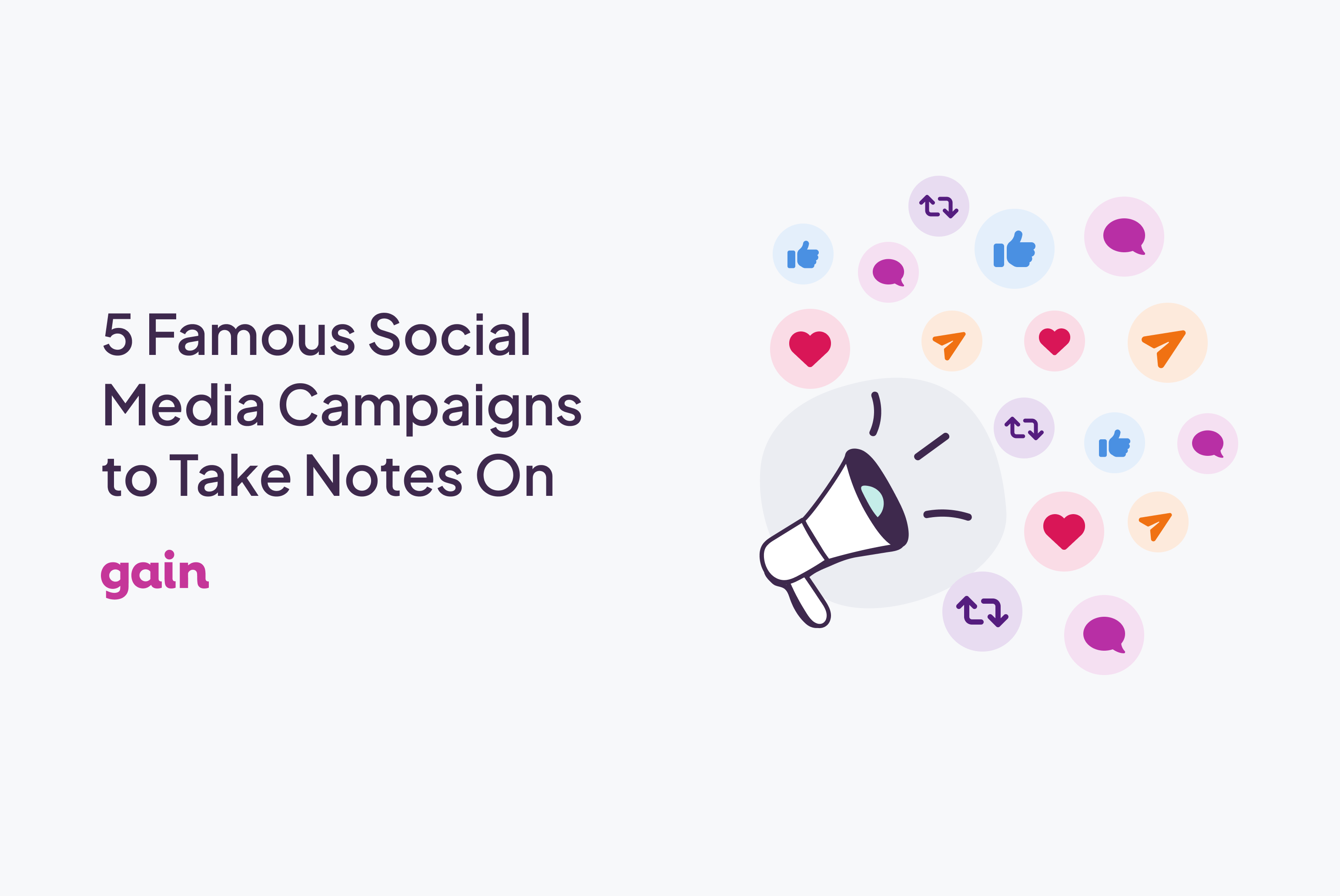Salesforce has announced a new version of its digital work platform for companies. Agentforce 2.0 will tellin addition to the AI system that reinforces work teams through autonomous AI agents, with a library of pre-built skills as well as integrations to improve customization and the ability to deploy Agentforce in Slack, among other improvements.
The library of predefined agent skills—a package of tasks that Agentforce can perform by default—span CRM, Slack, Tableau, and partner-developed skills on App Exchange. This latest release allows customers to extend Agentforce to any system or workflow through Mulesoft.
In addition, it incorporates an improved agent generator, which can interpret natural language instructions to generate agents automatically. These agents combine pre-built skills with custom logic built in Salesforce. Among the new CRM skills for customer experiences with agents are several for sales teams, such as Sales Development and Sales Coaching, which allow you to create autonomous AI agents capable of nurturing leads based on your rules of engagement.
Additionally, they incorporate agents who can join calls with potential clients and offer instant feedback. Among your additional skills are several specific to marketing campaigns, commerce, services, and field work. On the other hand, MuleSoft now allows Agentforce to work across the entire organization, and the new Tableau Themes and Actions offer data visualizations and predictions for a better understanding of agent responses. Plus, these are more accurate and rich in business context thanks to Tableau Semantics.
Slack Actions are now available in Agent Builder, allowing a team to enhance Agentforce with various capabilities, such as sending a direct message with a summary, or updating a Slack Canvas when a customer requests changes.
Agentforce is also supported by an enterprise ecosystem of agent skills, allowing customers to extend the platform with custom themes and actions. They range from new types of agents to new actions created by partners. In its second version, the platform recommends skills for the work to be done. Thus, agents can be created quickly using natural language descriptions.
Agent Builder now uses Agentforce to configure new agents by automatically generating relevant topics and instructions, but also uses the library of skills and actions that were already available.
As we have mentioned, Agentforce 2.0 can be deployed in Slackallowing teams to introduce the platform into any conversation. Slack users will be able to start a conversation from the Agentforce hub or mention the platform’s agents in channels or through direct messages. Agent Builder now has several predefined Slack actions, which can be used to optimize already created agents or to generate new ones. And with Slack Enterprise Search, Agentforce can pull public, permissioned, conversational data from Slack.
The new version of the Agentforce platform offers improved reasoning and recovery thanks to its Atlas reasoning engine. Its new Data Cloud functions allow you to manage questions with many nuances, as they provide the platform with more context.
The full version of Agentforce 2.0 will be available to all its users in February 2025but some features will be available sooner. Thus, Sales Development and Sales Coaching skills are now available, with a starting Price of two dollars per conversation. Tableau Semantic Layer is also available, as are skills for Tableau.
Agentforce in Slack, Slack Actions in Agent Builder, and Slack Enterprise Search are coming next January, as is creating natural language agents in Agent Builder. To have MuleSoft for Flow, the new catalog of APIs from MuleSoft and Topic Center, as well as improved reasoning, and RAG (recovery augmented generation, another new feature of the platform), we will have to wait until February.











